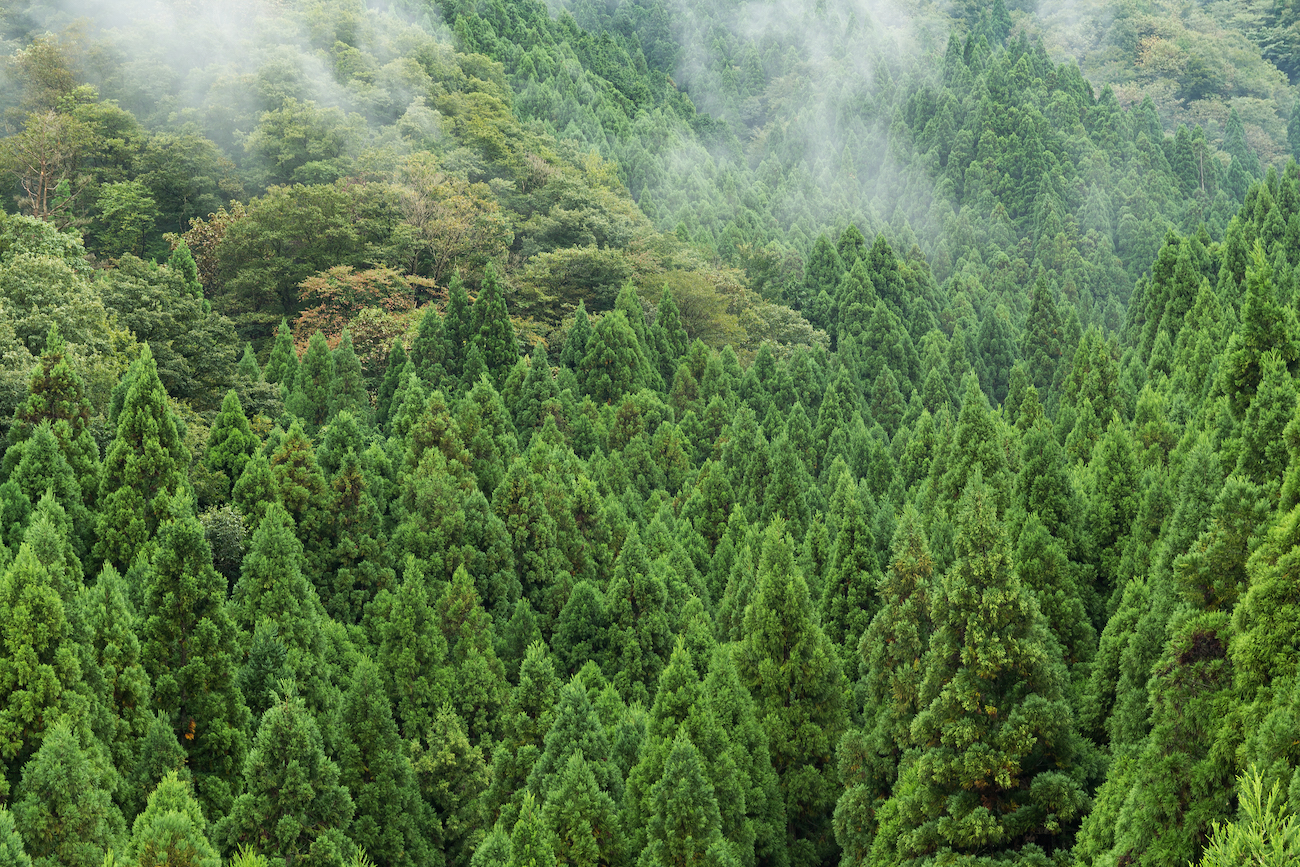As a result of climate change, wildland fire risk is growing and action is needed now. This is one of the takeaways from the Canadian Dialogue on Wildland Fire and Forest Resilience, which is summarized in the What We Heard (WWH) report.
In February 2022, the Canadian Council of Forest Ministers (CCFM) held five national roundtables as part of the Canadian Dialogue on Wildland Fire and Forest Resilience. Co-chaired by the Honourable Jonathan Wilkinson, Canada’s Minister of Natural Resources, and the Honourable Mike Holland, Minister of Natural Resources and Energy Development for New Brunswick, the dialogue brought together close to 100 participants from a broad spectrum of society to identify shared needs, priorities and approaches on wildland resilience.
The views and perspectives shared by these participants will help inform Canada’s first National Adaptation Strategy, said Natural Resources Canada in a statement. The Government of Canada says, it appreciates input from the WWH report for the development of the Strategy, as wildland fires are a critical challenge for many communities across the country and one of the foremost dangers associated with our changing climate. Working with provincial, territorial and municipal governments, Indigenous Peoples and other partners, the National Adaptation Strategy will help make communities safer and more resilient. Public consultation on the Strategy has been launched, with a targeted release by fall 2022.
The WWH is a key deliverable on a CCFM commitment to engage the whole of society in an initiative to transform wildland fire management, enhance national resilience to wildland fire and inform development of a Canadian Wildland Fire Prevention and Mitigation Strategy. Working together, CCFM members have identified enhanced wildland fire prevention and mitigation as critical steps toward their vision of a wildfire resilient Canada by 2030.
“Canadians are all too familiar with devastating wildfires, events that pose a threat to our communities, our livelihoods and our environment. By bringing people together, as we did with the Canadian Dialogue on Wildland Fire and Forest Resilience, we benefit from an array of perspectives that helps inform future solutions. The key to responding to wildfires is better prevention, greater preparation and enhanced adaptation — and the findings from this report will be key to our path forward,” said Jonathan Wilkinson, Minister of Natural Resources Canada.
“Wildland fire is an issue that affects all of us — that’s why the Canadian Dialogue on Wildland Fire and Forest Resilience is so important. The threat and impacts of wildland fires are experienced differently across the country. We need to continue to have a cross-country conversation to gain perspective and gather information on a path forward as we develop a strategy on wildfire prevention and mitigation,” said Mike Holland, Minister of Natural Resources and Energy Development for New Brunswick.
“Climate change is no longer a theoretical exercise — something to be dealt with later. The impacts are here. More frequent, intense and damaging wildfires are one of the critical threats being assessed as we develop a National Adaptation Strategy to be released later this year. The Canadian Dialogue on Wildland Fire and Forest Resilience is a valuable contribution to our understanding. It’s clear: No community, region, business, or level of government can sit this one out,” said Steven Guilbeault, Minister of Environment and Climate Change Canada.
“As climate change continues to increase the frequency and scale of natural disasters, we must continue to bolster and improve our emergency management framework and response capacity in communities from coast to coast to coast. The findings and recommendations put forward by the Canadian Dialogue on Wildland Fire and Forest Resilience will be invaluable in informing the work we’re doing, and I thank them for their efforts,” said Bill Blair, President of the Queen’s Privy Council and Minister of Emergency Preparedness.
